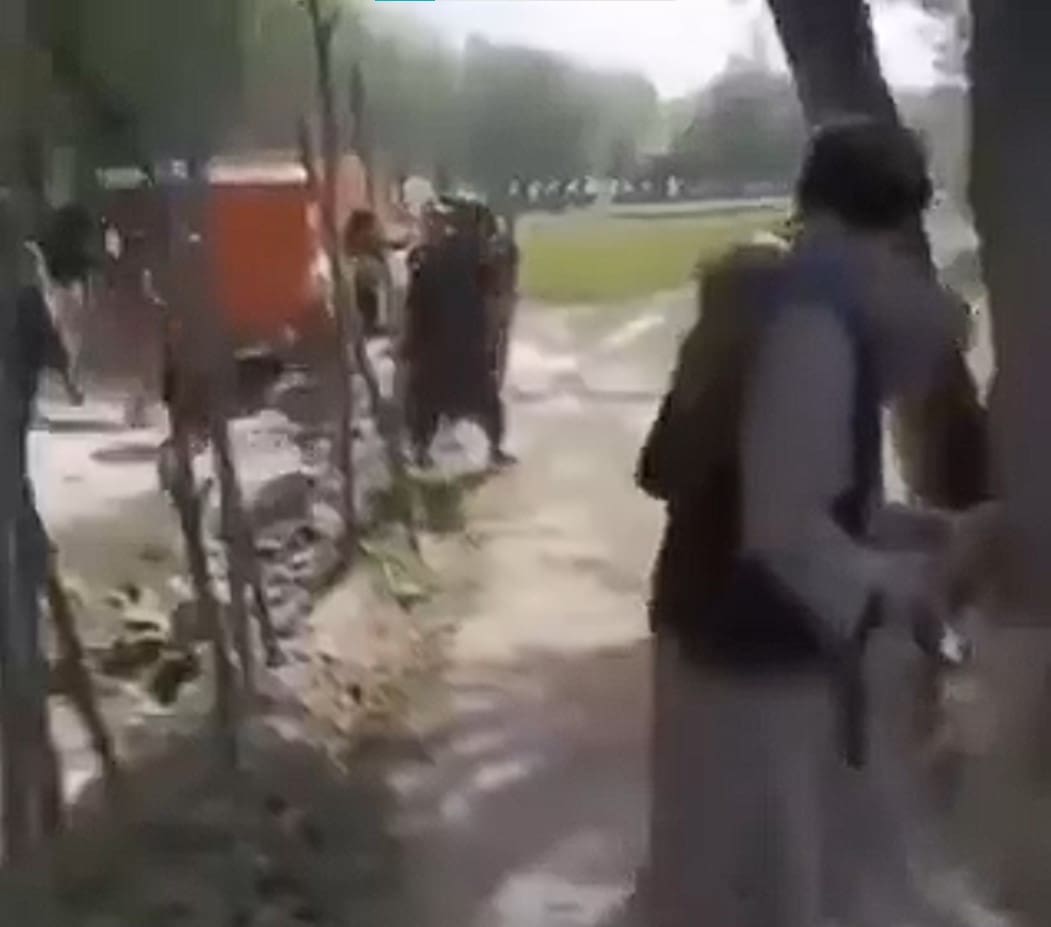In its latest quarterly report, the United Nations Assistance Mission in Afghanistan (UNAMA) says Taliban forces shot and killed at least 10 farmers during protests in Badakhshan province against the group’s opium eradication campaign.
From April 1 to June 30, UNAMA documented multiple incidents of arbitrary arrests, ill-treatment, and killings of protesters in the province. On May 5, Taliban forces in Argo district detained 20 farmers after they demonstrated against poppy destruction, with some beaten in custody.
Twenty days later, in Jurm district, Taliban gunfire killed one protester and wounded six others. On June 19, in Khash district, Taliban fighters opened fire on protesters and beat several.
The deadliest incident occurred on June 30, when Taliban gunfire in Khash killed eight and injured 22 more, including a young girl. The following day, Taliban forces attacked a funeral for the victims, killing one man and injuring 12 others.
Taliban-appointed Badakhshan governor Mohammad Ayoub Khalid later confirmed there were fatalities but did not give specific numbers. He told the BBC that in Afghanistan’s remote mountain areas, authorities lacked non-lethal crowd control tools like tear gas or water cannons, and had requested them.
The Taliban has since formed a committee to investigate “opium eradication and related problems” in Badakhshan, but its findings have not been made public. Former Afghan Vice President Amrullah Saleh claimed the Taliban killed nine and injured 61 in Khash, also detaining “over 100” locals.
Mass Arrests of Uzbeks in Faryab
On June 8, an altercation between Pashtun and Uzbek residents in Dawlatabad district escalated after Pashtun youths allegedly threw firecrackers at Uzbek women, prompting a fight. Taliban forces arrested 87 Uzbeks and two Pashtuns, later detaining an additional 30 Uzbeks who tried to block the arrests.
Between June 8–10, Uzbek residents staged protests against the arrests. Taliban forces detained 38 more Uzbeks, including children, for participating in the demonstrations; they were later released.
Public Floggings and Executions
UNAMA recorded 234 public floggings—including 48 women and one boy—during the quarter. On April 11, the Taliban publicly executed three men in Badghis, Farah, and Nimroz provinces for murder, after families of the victims refused to grant pardons. Hundreds of locals attended the executions.
The Taliban dismissed international criticism, insisting no foreign body has the right to interfere with its “Sharia, religion, or judicial system.”
Border Incidents with Pakistan
UNAMA also documented cross-border shelling by Pakistani forces that killed and injured civilians. On April 11, mortar fire into Nuristan wounded two men, a woman, and a four-year-old boy, damaging homes and livestock.
On June 12, mortar fire into Kunar injured a teenage girl. The following day, another mortar strike killed a 13-year-old boy in Kunar. On June 19, Pakistani mortars wounded an adult woman, who was hospitalized.







